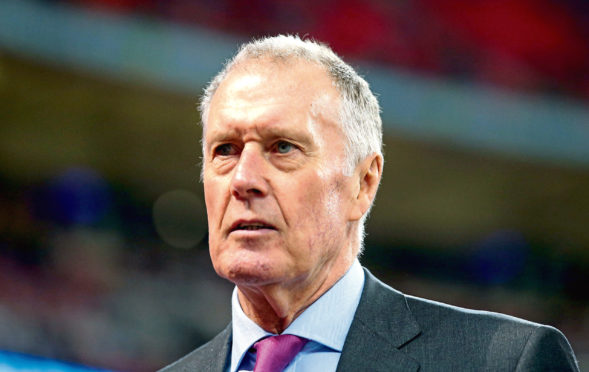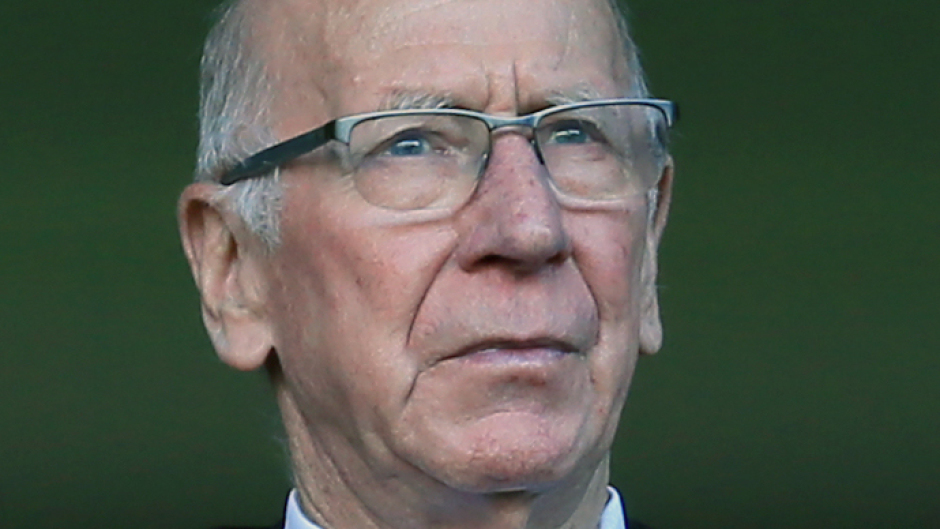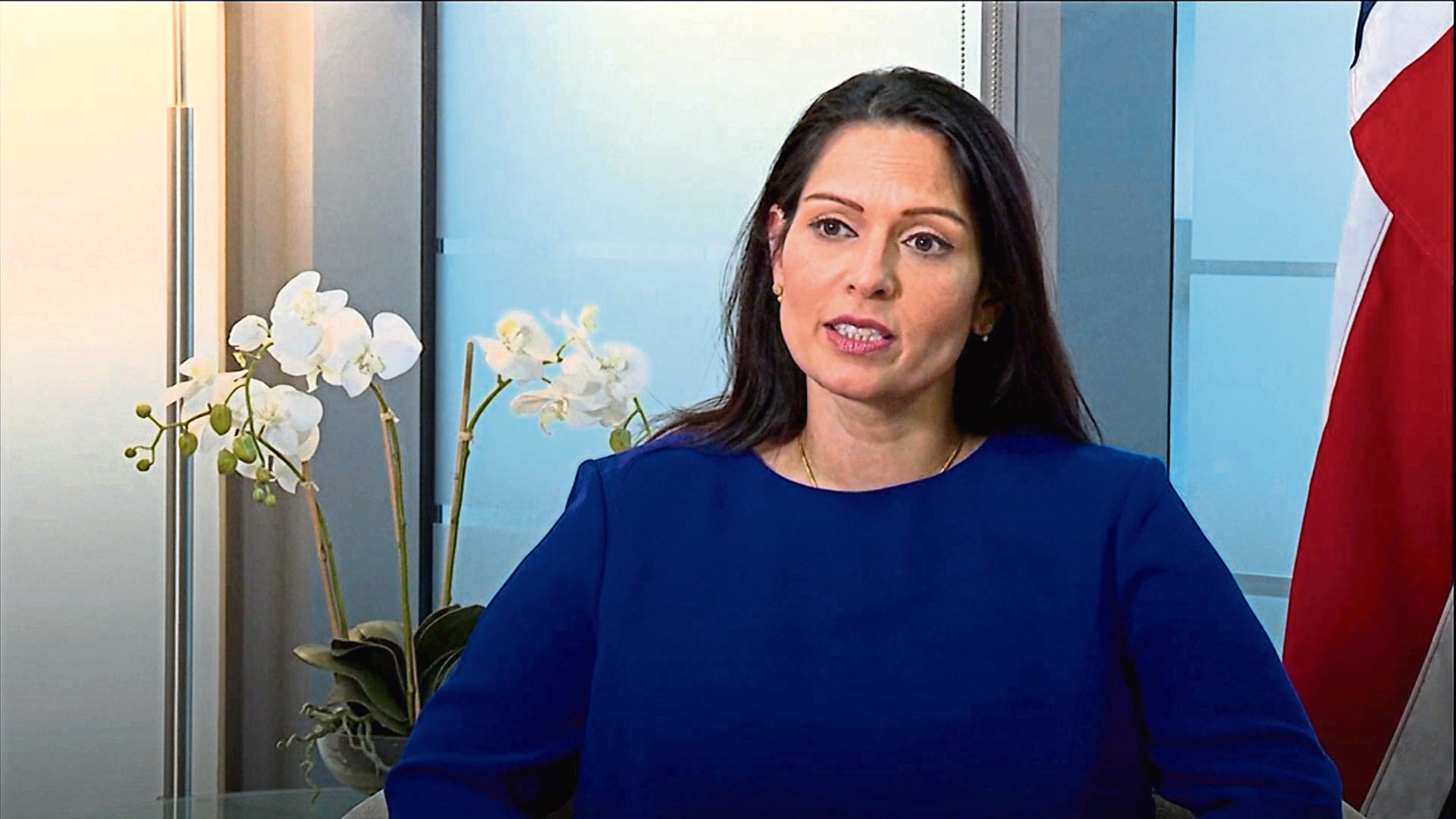Had he been around today, Noel Coward might have had a new version of his song, Don’t Put Your Daughter on the Stage, Mrs Worthington.
He may have scoured the statistics of former football players dying with dementia and other neurological diseases and advised musically, Don’t Let Your Young Lad Head the Ball, Mrs Tomkinson.
As England World Cup hero Sir Geoff Hurst backs a ban on children heading footballs following the deaths from dementia among his 1966 World Cup-winning teammates, we wonder what our national sport will look like a couple of generations down the line.
Every now and then, we are shocked to learn of the link between brain deterioration deaths and football.
Sir Bobby Charlton has the disease, while his brother Jack, Ray Wilson, Martin Peters and Nobby Stiles have all died over the last two-and-a-half years.
North of the border Lisbon Lions Billy McNeill and Stevie Chalmers, as well as former Dundee United defender Frank Kopel, just 59 when diagnosed, were among the high-profile ex-players to succumb to it.
But how many ex-pros whose careers did not make them household names have fallen to this cruel affliction?
A year ago, a study revealed that former professional players are three-and-a-half times more likely to suffer from dementia and other serious neurological diseases than people of the same age range in the general population.
Yet, even that startling finding will not dissuade young boys and girls from trying to make the grade in the game.
Professional boxing, too, is an extremely risky sport.
I’ve long held the view that there is no place in a civilised society where men – and now, sadly, women – set out to damage each other, watched by audiences keen to see blood, while the guys in suits (promoters and managers) benefit financially.
Thankfully, amateur boxing with its stricter safety measures, three-round contests and where money isn’t God, is not as dangerous, although it has declined to such a degree that there are few promotions nationally or internationally.
Meanwhile, the revelation that Roy Laidlaw, the former Scottish and British & Ireland Lion, also suffers from dementia, once more shines a light on the safety of rugby, where concussions are common place. Forget the cauliflower ears and flat noses; they’re bad enough, but what’s happening inside the brain of a rugby player clattered again and again in training and in competition by opponents of heavyweight proportions?
Now, we wonder how long those sports, already under the microscope because of their hazards, will be acceptable to young boys and girls.
Perhaps they’ll ignore Noel Coward’s advice and take up acting where they’ll be unemployed but free of brain damage.
Fan-tastic idea to trial football in summer
Is there any point in having spectator sport without spectators?
That question flashed through my mind as I tried to stave off the early stages of hypothermia watching St Johnstone and Motherwell go the extra mile to bore me rigid in Perth last weekend.
But without fans, even the piddling amounts who normally turn up for games at grounds like McDiarmid Park, it’s no surprise we hear predictions that, under the current Covid restrictions, some clubs will fold.
Yet, even if the Scottish Government were to comply with requests for a small number of supporters to be allowed to attend games – suitably masked-up and socially distanced, of course – how would football benefit?
Because, among other issues, clubs can no longer cash in on the lucrative corporate hospitality side of their business. So, let’s see a bold approach from the football authorities.
Shut down the season and pick it up again in March, when we may have seen the back of coronavirus, and use it as an experiment for summer football.
That’s when it is considerably more pleasant to watch football and worry-free from contracting pneumonia.
Neither would we feel the need to dress up like Scott of the Antarctic for every match, although even my five layers didn’t do the trick in Perth last weekend.
It’s bully for Patel if Boris Sacks her
Priti Patel’s “if I’ve upset anybody …” apology over bullying allegations was delivered in the mealy-mouthed fashion favoured by naughty politicians when caught out.
But whether or not the Home Secretary bullied civil servants, the support she received from her boss Boris Johnson had a familiar ring to it. Think of all those times we’ve heard football club chairmen rush to back beleaguered managers on the end of “sack him” calls from fans. Such endorsements are usually the kiss of death.
Might we expect Ms Patel to be moved on come the PM’s next cabinet re-shuffle?


